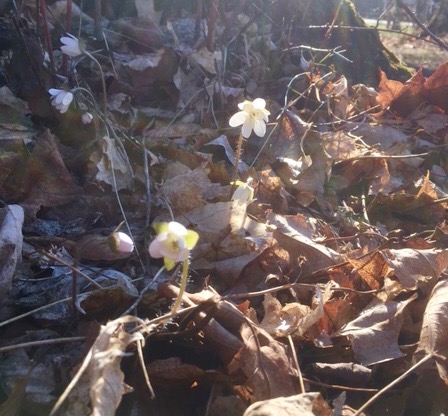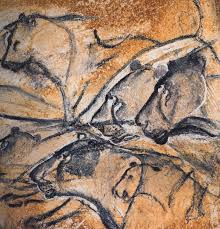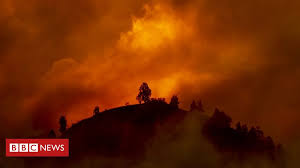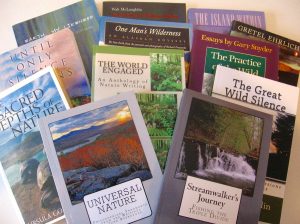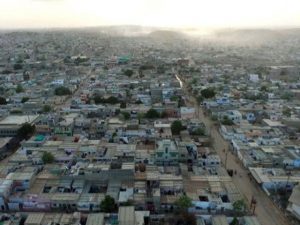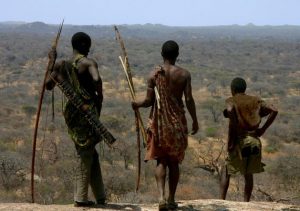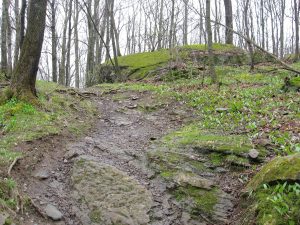Sep 18 2021
Wildness and Being Human
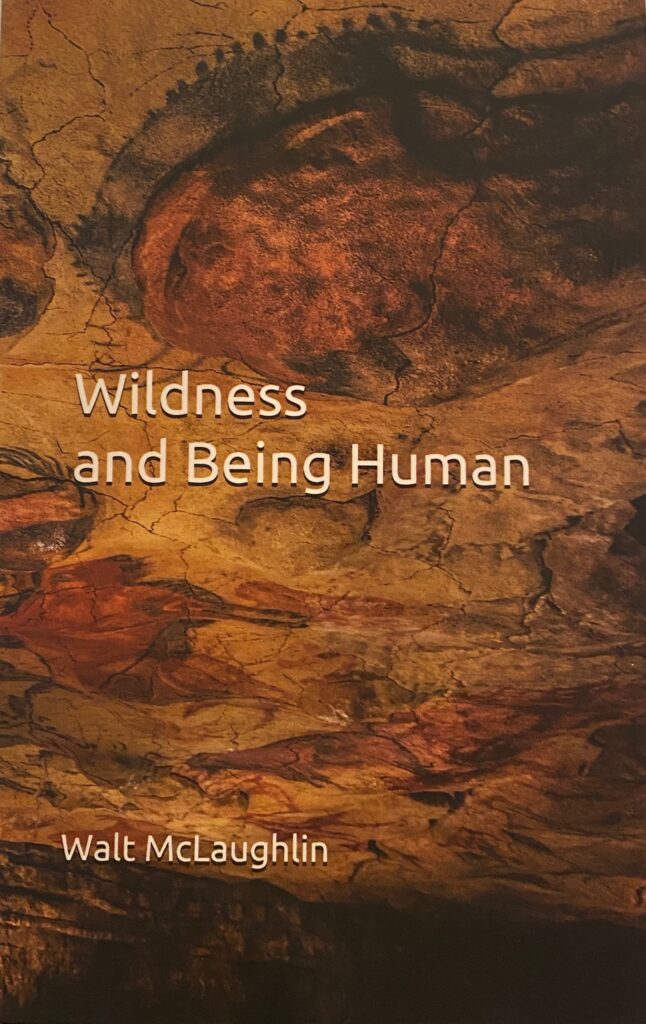
What makes us human? Most people living in a civilization of one sort or another assume that being civilized has something to do with it. But those still living beyond the reach of civilization, as hunter/gatherers, are no less human than we are. Being human predates all the trappings modern life. It predates towns, agriculture and all the related social structures. Human beings are, first and foremost, a part of natural world.
I start from this position while delving into what it means to be human in my latest book, Wildness and Being Human. I recount my own relationship to the natural world while tracing the story of humanity from the earliest hominid beginnings to the emergence of global civilization in the Digital Age.
There is a wildness within us all, I think, that civilization has not yet completely destroyed, even though the disconnect between us and the natural world is becoming more pronounced. And this wildness is essential to our humanity.
Along with my experiences in wild places and my thoughts regarding human nature, I touch upon the contributions to this subject made by scores of scientists, social scientists, philosophers and naturalists. One thing is for sure: there are as many different ways to define humanity as there are worldviews. Yet there are certain facts about our nature that we ignore at our peril.
You can acquire a copy of this book by going to the Wood Thrush Books website. It is also available at Amazon.com. While I’m certainly no authority on the subject, I trust that this book will shed new light on the question at hand.
Comments Off on Wildness and Being Human

